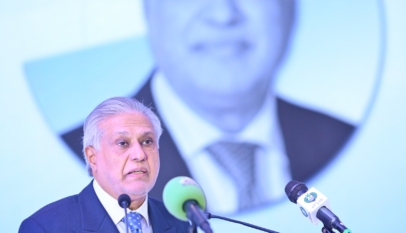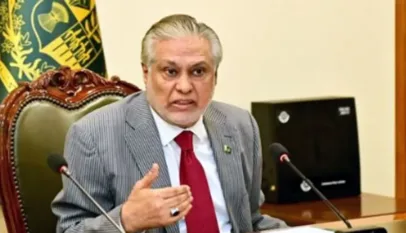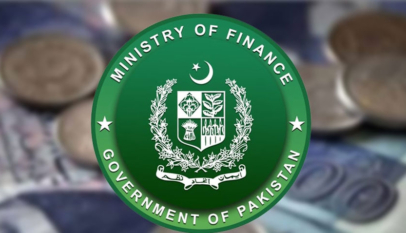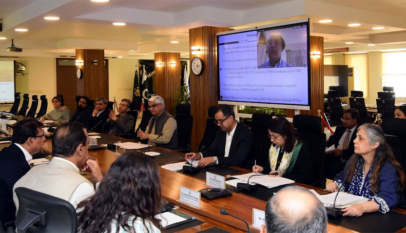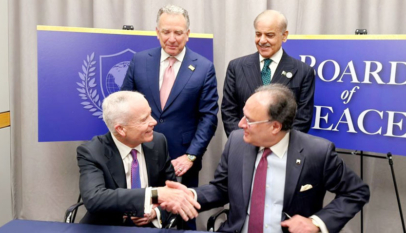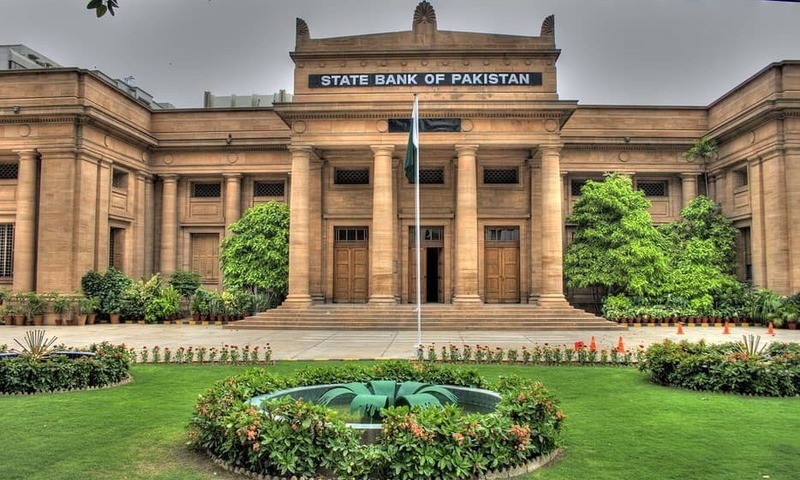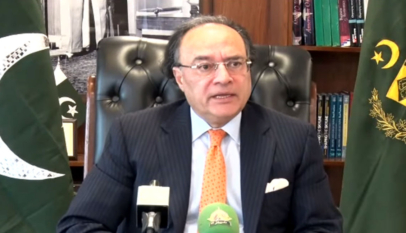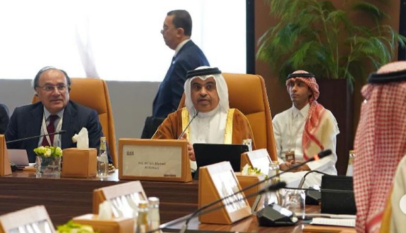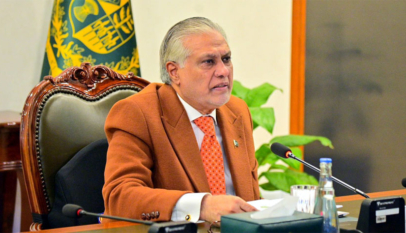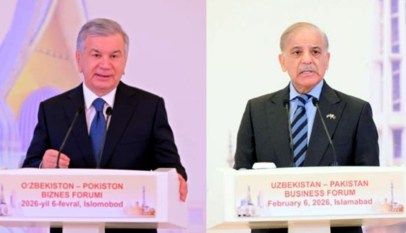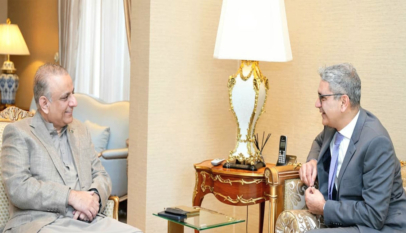
In a positive development, the State Bank of Pakistan-held (SBP) foreign exchange reserves registered a major boost on Friday as the nation received $700 million from the China Development Bank (CDB).
Pakistan has been struggling to pay off its extraordinarily high levels of external debt and barely has enough dollars to cover less than three weeks’ worth of its imports and at such a critical time $700 million deposit from China will act as a lifeline for the cash-strapped country.
The coalition government has been struggling to boost SBP-held foreign exchange reserves — which currently stand at $3.25 billion as of February 17. However, amid the delay in the revival of the $6.5 billion International Monetary Fund (IMF) programme, the government continued to face difficulty in increasing the reserves.
Earlier this week, Federal Minister for Revenue Senator Ishaq Dar announced that the board of the China Development Bank approved a loan facility for Pakistan worth $700 million, and the formalities in this regard have been completed.
Taking to his Twitter handle, Dar announced that the money, which would bolster the country’s diminishing foreign exchange reserves, is expected to arrive at the SBP this week.
Pakistan also hopes to reach a staff-level agreement with the IMF this week. However, the global lender would need another one and a half months before calling a board meeting and approving the $1.1 billion tranche.
Pakistan has taken painful fiscal consolidation measures to unlock funding from a $6.5 billion IMF bailout. Experts believe that even with the IMF programme resumed, it was unlikely that the nation’s economy would get back on track.
Continued programme performance and funding are subject to significant risks, especially in the run-up to this year’s elections. A debt readjustment is becoming a greater possibility sometime around 2023-2024.
Pakistan’s external debt servicing obligation for the ongoing fiscal year 2022-23 is $23 billion, of which $6 billion has been repaid and $4 billion rolled over, leaving $13 billion yet to be funded.
The country also has further repayment obligations of $75 billion during FY2024-2026.


